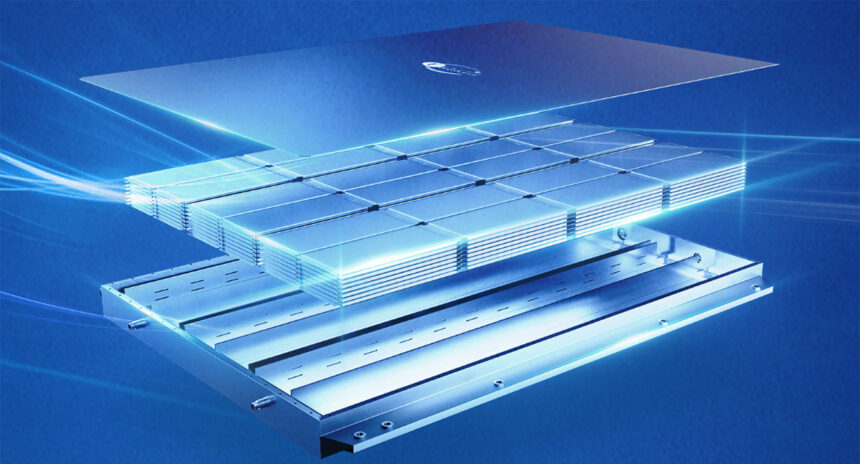Farasis Energy, a Chinese power battery maker, has recently made significant strides in the development of solid-state batteries, which are considered the next generation of battery technology. The company announced that its all-solid-state battery, boasting an energy density of over 400 Wh/kg, has entered real-world testing with stable cell cycling.
This groundbreaking product is built on a sulfide-based system and features a high-nickel ternary anode and a high-silicon anode. Farasis Energy has also enhanced the safety of the cells with all-solid-state electrolytes, passing rigorous tests such as pinprick, shear, and hot box tests. The battery has thermal runaway self-shutdown capability at the cell level, ensuring optimal safety standards.
In the solid-state battery field, three mainstream technology routes are currently being explored — oxide, polymer, and sulfide routes. Farasis Energy is not only focusing on sulfide-based products but also making progress in developing solid-state batteries based on oxide and polymer systems.
The company’s prototype solid-state battery, utilizing a lithium metal anode and high nickel cathode, boasts an impressive energy density of up to 500Wh/kg. Farasis Energy has successfully developed composite electrolyte materials that are compatible with lithium metal anodes and high nickel cathodes, further advancing the technology.
Farasis Energy primarily adopts the high-nickel ternary + soft pack + laminated process route for its solid-state batteries. This technology route is considered the main approach for solid-state batteries, ensuring seamless integration of new technologies as the system matures and industrialization increases.
Prior to launching all-solid-state batteries, Farasis Energy developed three generations of semi-solid-state batteries. The company’s first-generation batteries with energy densities of up to 280-300 Wh/kg have been in mass production since 2022 and have gained recognition from prominent customers such as Dongfeng Motor, GAC Group, and Geely. The second-generation batteries offer an energy density of 330 Wh/kg, fast-charging capabilities, and a cycle life of over 4,000, appealing to high-end passenger car and low-altitude economy segments.
Farasis Energy’s third-generation semi-solid-state batteries, with an energy density of up to 400 Wh/kg, are currently undergoing automotive-grade certification and development. The company’s commitment to innovation and technological advancement in the solid-state battery field positions it as a key player in the industry.
In conclusion, Farasis Energy’s progress in solid-state battery technology showcases its dedication to pushing the boundaries of energy storage solutions. With a focus on safety, energy density, and compatibility, the company is poised to drive the adoption of solid-state batteries in the automotive and energy storage sectors.







